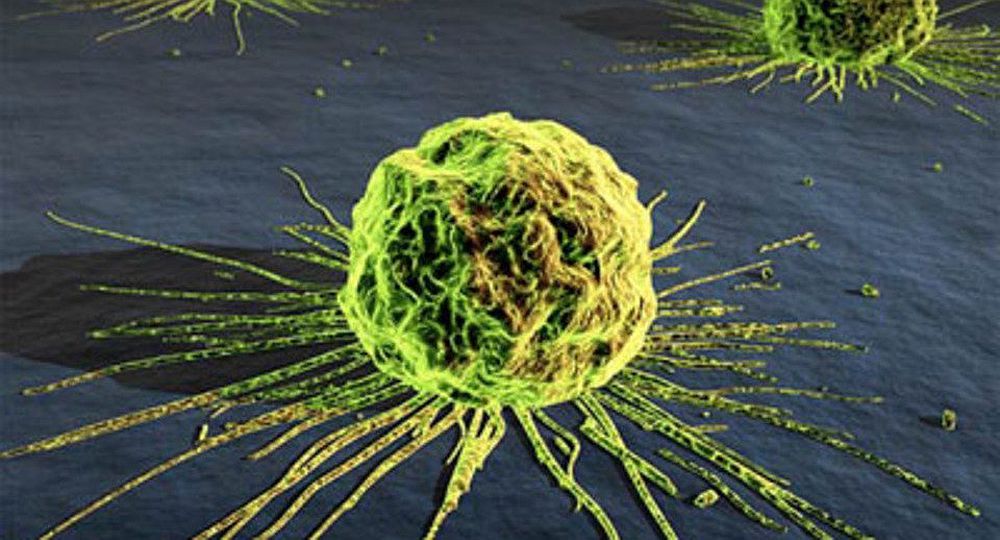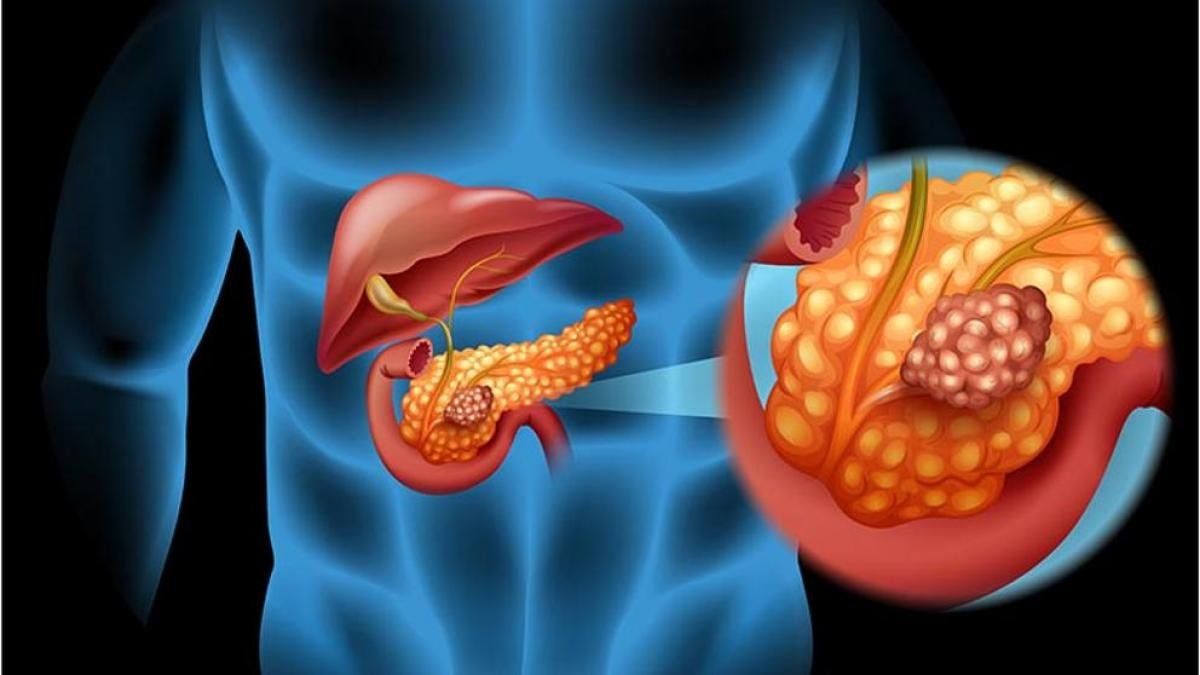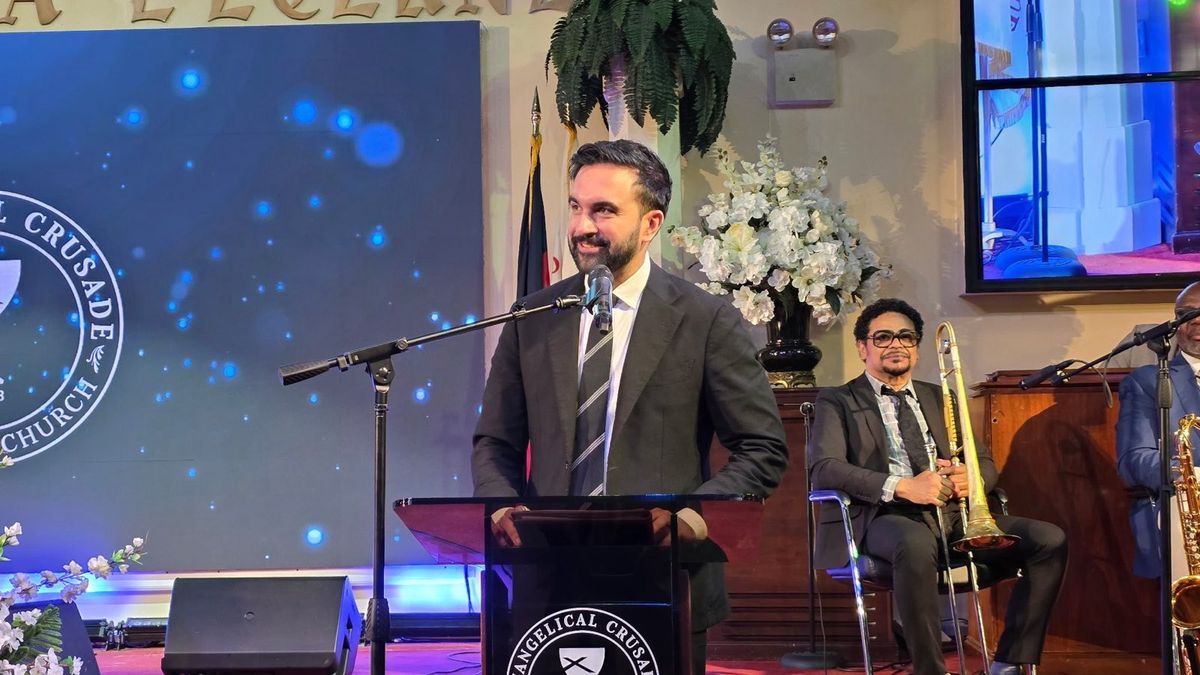Although there are benign or malignant pancreatic tumors, unfortunately the most frequent are the latter. This cancer is rarely detected in its early stages, when it is potentially curable, therefore, this makes its prognosis generally not very promising.
cancer colon 1200.jpg
Pixabay
It is not yet clear what causes pancreatic cancer, what is known is that in some individuals there is a certain “genetic predisposition” and that the environment plays a fundamental role in the development and spread of these tumor cells. About 95% of pancreatic cancer cases are sporadic, while the remaining 5% are related to genetic conditions.
Some factors have been identified that can increase the risk of suffering from it: smoking (increases the risk x 2.5), diabetes mellitus (increases the risk x 4), chronic inflammation of the pancreas (chronic pancreatitis), family history of genetic syndromes at risk increased cancer, family history of pancreatic cancer, obesity (increased risk x 1.5), mucinous pancreatic cysts, and advanced age (most are diagnosed after age 60).
WHAT ARE YOUR SYMPTOMS OF PANCREAS CANCER?
The initial stages of the disease pass without producing any symptoms. Once advanced, the warning signs can be:
- Abdominal pain that radiates to the back
- Loss of appetite and weight loss
- Yellowing of the skin and the whites of the eyes
- Light-colored stools
- Dark colored urine
- Skin itch
- Recent diagnosis of diabetes or worsening of existing diabetes
DIAGNOSIS AND TREATMENT OF CANCER OF THE PANCREAS
The diagnosis is made based on three fundamental pillars: clinical manifestations (patient symptoms), laboratory studies and diagnostic imaging methods. Sometimes a biopsy is also required to confirm the diagnosis. After performing these diagnostic tests, all results are reviewed and patients are grouped according to the stage of the disease (Stage I, II, III, or IV) and then treatment options are defined.
Treatment options are chosen based on the extent of the cancer (stage) and the patient’s health status. In this decision the patient participates with a multidisciplinary team: surgeon, oncologist, nutritionist, clinician, gastroenterologist and other members. Some of the possibilities may include surgery, chemotherapy, radiation therapy or a combination of these, it should be noted that the action plan also includes treatment for symptoms and side effects.
CAN CANCER OF THE PANCREAS BE OPERATED?
In surgery, all or part of the pancreas may be removed, depending on the location and size of the tumor. Often, an area of healthy tissue around the tumor and lymph nodes near the pancreas are also removed. The Argentine Association of Surgery explains that approximately 20% of patients with pancreatic cancer can undergo surgery since most types of pancreatic cancer are diagnosed for the first time when the disease has already spread and it is not possible to extract the tumor.
In Argentina a case of cancer is diagnosed every five minutes

It is essential to note that the treatment of this pathology must fall on highly specialized teams in high-volume pancreatic surgery centers, since this type of surgery has high rates of morbidity and mortality.
AN ENCOURAGING FUTURE
Despite the bleak prognosis of pancreatic cancer in general, in recent years there have been important advances that have favorably improved the natural history of this disease and that will surely change its course drastically in the coming years:
- New diagnostic methods (more effective) for early diagnosis.
- New surgical treatments (laparoscopic, robotic and endoscopic surgery).
- New systemic therapies under development (drugs that are more effective and less toxic to the patient, targeted immunotherapy, gene therapy).
It is recommended to stop smoking, maintain an adequate weight, eat a healthy diet, perform routine clinical examinations and annual visits to the clinical doctor. All people with a family history should have regular health check-ups after the age of 40 and genetic counseling is also recommended at least once. If caught early, pancreatic cancer is much more likely to be treated successfully. There are also treatments that can help control the disease in patients with later-stage pancreatic cancer to help them live longer and with a better quality of life.
Text prepared by Lisandro Alle (MN 111097), member of the Argentine Association of Surgery (MAAC), staff physician, HPB Section, Gastroenterological Surgery Division, Hospital de Clínicas José de San Martin, UBA.
Source From: Ambito
David William is a talented author who has made a name for himself in the world of writing. He is a professional author who writes on a wide range of topics, from general interest to opinion news. David is currently working as a writer at 24 hours worlds where he brings his unique perspective and in-depth research to his articles, making them both informative and engaging.




